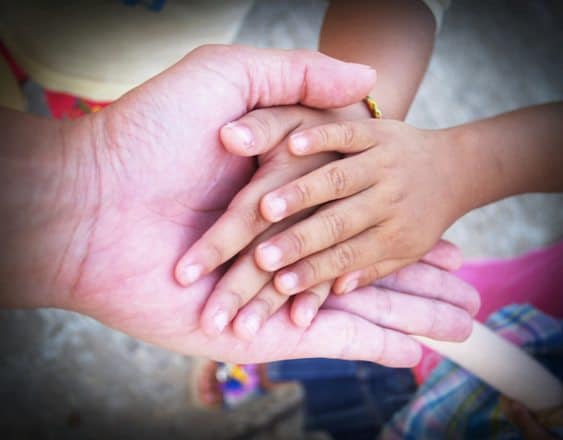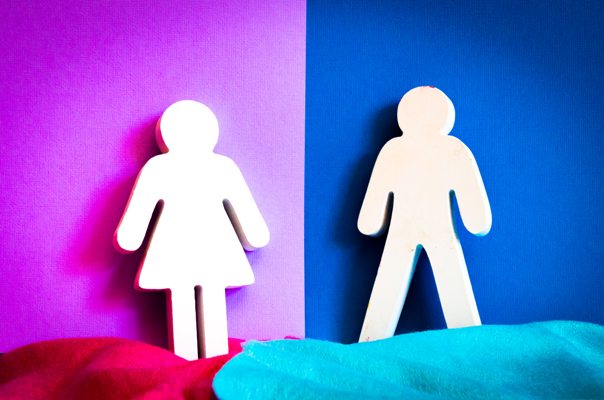Gender equality is a human right. However, the world we live in faces a persistent obstacle in access to various opportunities and decision-making power for women.
When taken from a global perspective, women actually have fewer opportunities and rights for economic participation compared to men.
In some regions, they have lesser access to higher education and far greater safety and health risks. And in some countries like Pakistan, Qatar, Saudi Arabia and Egypt, women cannot vote and they lack political representation.
According to some human rights advocates, in some countries like Bangladesh and Cambodia, women are considered as commodities. Mothers are convinced by powerful men to sell their daughter’s virginity.
In Sri Lanka, young girls are stripped off their innocence and are being sent out for marriage. And in some parts of India, rape and violation of women’s rights is highly persistent.

Why is Gender Equality Important in Women Empowerment?
Preserving the rights of women and providing them with opportunities to achieve their potential is important for gender equality. This is also an important step that can help meet a wide range of international development goals.
Women empowerment can contribute to the over-all health and productivity of their families, communities and society. It can help shape their countries to become globally-competitive. This can create a ripple effect that can benefit the whole world.
Aside from providing equal opportunities, women have a right to live in a safe environment. There should be laws that protect and strengthen their rights against crime, violence and abuse.
Women deserve respect and protection. Gender equality means strengthening women’s role in the society and not subjecting them to shameful situations.

How to Achieve Gender Equality
Gender equality means that males and females have equal power and equal opportunities in all aspects of life.
These include equality when it comes to financial independence, personal development, familial roles and education. It also strengthens every woman’s right to safety.
Women empowerment is a crucial aspect in achieving gender equality. This refers to strengthening a woman’s self-worth, access to various resources and decision-making abilities.
It means allowing every woman to take control of her own life both inside and outside the home while allowing her capabilities to cause changes.

However, gender issues do not focus on women alone but extend to include the relationship between men and women within their home and in the society. The attitude of men therefore plays a critical role in achieving and maximizing gender equality.
Here are the key aspects that need to be addressed globally to enable gender equality to take full effect;
- Education: Girls make up a higher percentage of out-of-school children than boys in some developing countries due to the limited means of their families
- Maternal Health: In many countries, women have limited access to quality prenatal and infant care. They are more likely to experience complications during pregnancy and childbirth. This is of greatest concern in most countries where girls have children before their bodies are even ready
- Economic and Political Power: In legislatures around the world, women are outnumbered with 4 to 1. And at all levels, women are widely underrepresented as decision-makers
- Health and Safety: HIV/AIDS is becoming an increasingly impactful issue for women due to unequal power in sexual partnership, far lesser opportunities for health education and as a result of gender-based violence. In some countries, raping women is still persistent
- Sexual Partnership: In some countries, women experience domestic violence, sexual abuse from their husbands and marital rape

